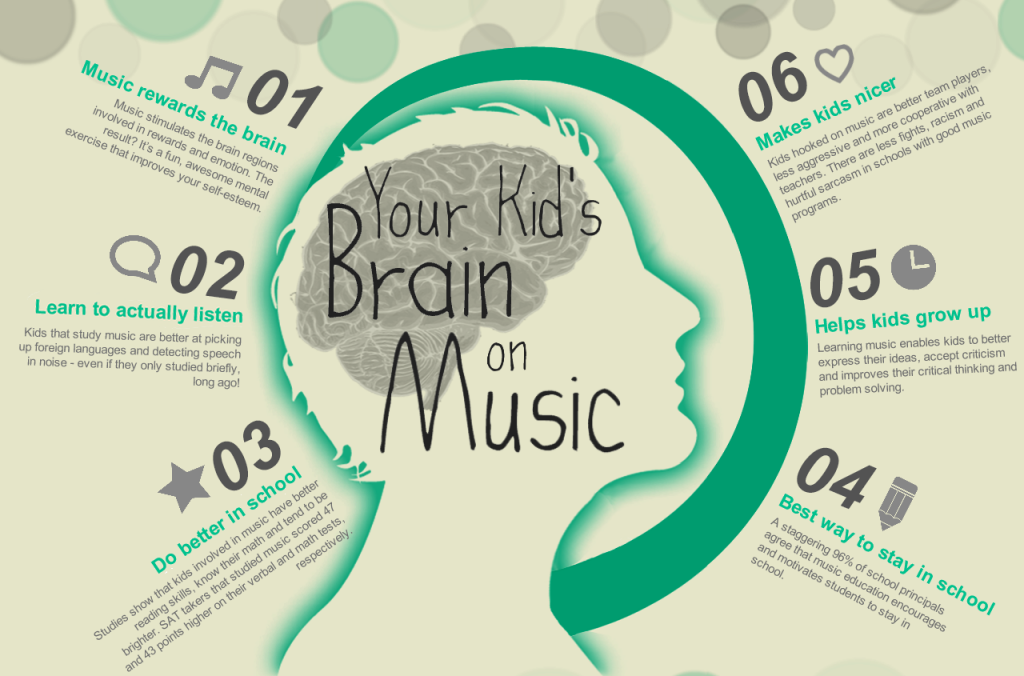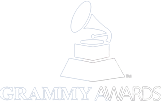Home Frank’s Blog Redefining the “M” in STEM
Redefining the “M” in STEM
Frank Fitzpatrick 09/30/2013

|
No time to read? Pick your language & press PLAY
Getting your Trinity Audio player ready...
|
Music is essential to the optimal cognitive development and successful education of young people. Recent discoveries in neuroscience and long-term studies on the impact of music and arts on education make the case for including music in early education not only easy to understand, but indisputable [1]. And these scientific studies are shedding new light on what thought leaders like Einstein and Plato have been telling us throughout modern history.
“I would teach children music, physics, and philosophy; but most importantly music, for in the patterns of music and all the arts are the keys of learning.” — Plato
Despite all this scientific evidence, educational leaders, concerned citizens and proponents of the Arts and Humanities are practically waging war to bring music and arts programs back into education. With the dominant point of view in America being one that devalues music, however, they have been fighting, and losing, the uphill battle to get music, the arts, and even creativity itself, recognized as core components of early education.

In hopes of challenging these limiting views, I’m going to focus on the area of the arts I know best — music. Early music training helps students perform more successfully in other areas of academics [2] and social adaptation, which ultimately gives them a greater advantage as a working professional later in life [2]. On a macro scale, music is essential for creating a more evolved society of intelligent, creative and compassionate human beings.
So why is there so much resistance? Why are music and the arts still looked upon as extra-curricular activities to basic elementary education? Why does the idea of funding these programs fall under the heading of charity or philanthropy?
A primary reason for this resistance and lack of concerted effort to include music as a mandatory part of Core curriculum, is the broad misunderstanding of the true power and impact of music in these critical areas of development. This narrow and misinformed view is propagated by administrators’ and parents’ fear that their children won’t learn the critical tools needed for their success in society if they are wasting time studying music. Nothing could be further from the truth. The system is broken. But more importantly, the argument itself is broken.

The STEAM movement, for example (of which I am an obvious proponent in theory), is spinning its wheels to make arts a permanent addition to STEM (Science Technology Engineering math) curriculums. But STEAM advocates are fighting to add arts to STEM long after the ship has sailed. The commitment to STEM holds steadfast in the core curriculum and is not going away anytime soon. With the course of the current system and social climate in America, the “A” in STEAM might as well stand for “Alternative” or “After School” programs. To bridge this perception and value gap between the opposing sides, and for the argument for music in education to take traction, we have to first find a starting point where we can agree.
Why not start where we are? I say we agree on STEM, but redefine how it is best achieved. For a successful core curriculum, there is no “M” in STEM without music. In my recent conversation with Neil Turok of the Perimeter Institute, one of the world’s leading experts in theoretical physics, he concurred that ‘music is math’ and that understanding the principles of one greatly facilitates better understanding and proficiency in the other. This morning, my dear friend and specialist in music pedagogy, Jennifer Snow, demonstrated to me how the pedagogical structure for both math and music are nearly the same. In addition to math, musical studies can improve performance in other areas of STEM [1]. When we expand to the exploratory areas of science, the process for creating music and conducting a scientific experiment can be also be paralleled. These insights highlight music as an ideal tool and methodology for not only emotionally engaging students in the Core subjects of STEM-based systems, but also for teaching them, and for preparing young minds with the capacity to comprehend more complex ideas as they progress.
I think all sides can agree that we want our schools to produce the best scientists, innovative technologists, creative business leaders and more conscious citizens of the future. If we start from an acceptance of STEM, redefine the argument, and then let that argument be made by the trusted experts in math and science, instead of those of us in ‘the choir’, we can help everyone to embrace music as a key component of early education. For the vision to be realized, however, we must first recognize that there can be no “M” in STEM without Music.
View this article on Huffington Post.
For more on Music and Education by Frank Fitzpatrick and WHY Music, click here.
References
[1] Cardillo, Joseph, Don DuRousseau and Galina Mindlin. Your Playlist Can Change Your Life: 10 Proven Ways You Favorite Music Can Revolutionize Your Health, Memory, Organization, Alertness and More. Naperville, Ill.: Sourcebooks, Inc., 2012.
[2] Campbell, Don and Alex Doman. Healing at the Speed of Sound: How What We Hear Transforms our Brains and Our Lives. New York: Plume, 2012.
I’m here to help YOU create a better world, inside and out.
Contact Me© 2025 Frank Fitzpatrick Website by AllHereIndia













